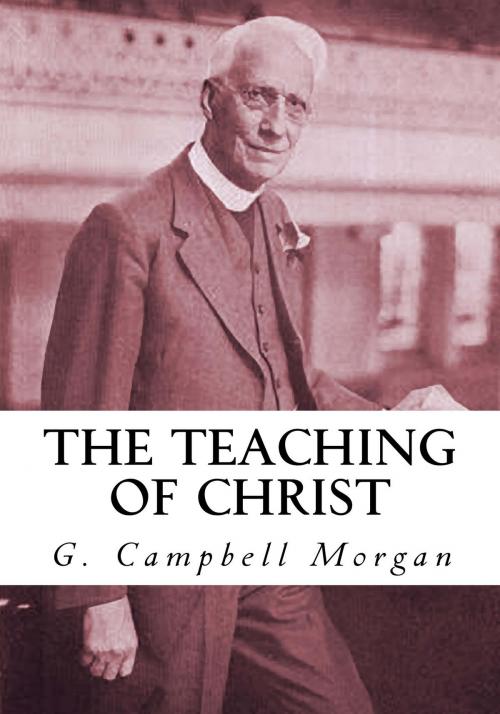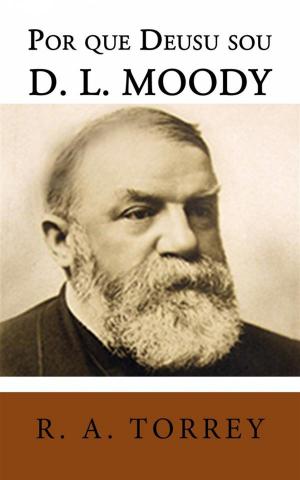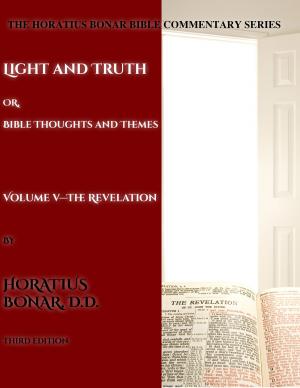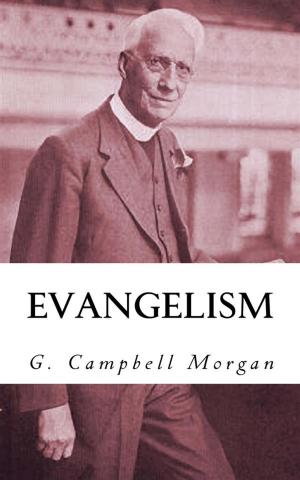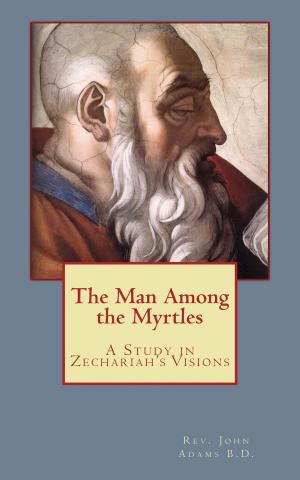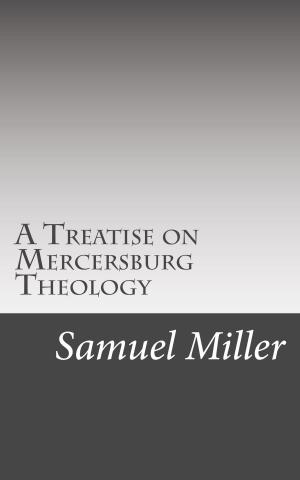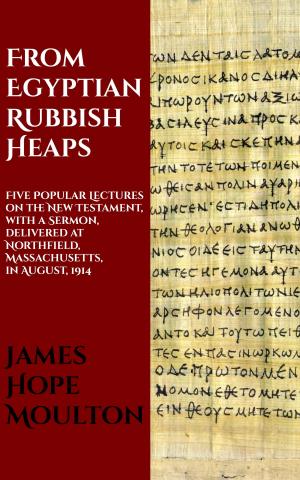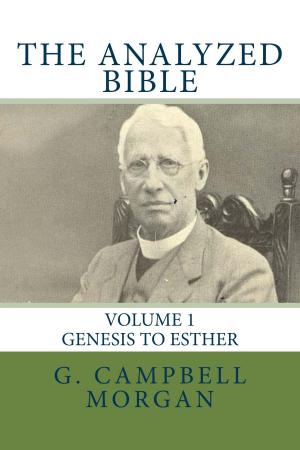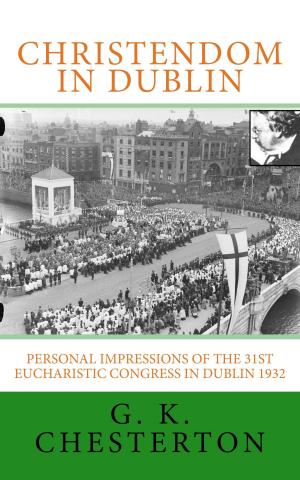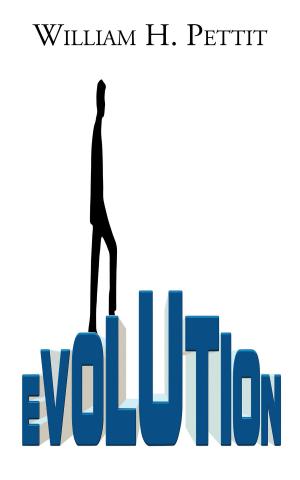| Author: | G. Campbell Morgan | ISBN: | 1230001944846 |
| Publisher: | CrossReach Publications | Publication: | September 30, 2017 |
| Imprint: | Language: | English |
| Author: | G. Campbell Morgan |
| ISBN: | 1230001944846 |
| Publisher: | CrossReach Publications |
| Publication: | September 30, 2017 |
| Imprint: | |
| Language: | English |
My purpose in this series of meditations is to consider His teaching on some of the great themes of supreme interest to men, and I propose to do that in the simplest way possible.
Let it be understood that we start on the assumption that the New Testament view of the Person of Christ is to be accepted as true. I am not proposing a study of the words of Jesus, in order to lead to Christ. I rather desire to lead those who have already found Christ to a study of His words.
In this, our first meditation, I propose to examine the claims which Christ made as to His own teaching. I take up the writings of other men, all of them valuable in greater or less degree—and it is always interesting to notice a man’s estimate of the value of the things he says himself—and this I have observed; that the greatest human teachers have always been reticent as to the ultimate authority of their teaching. They have always admitted that there is room for interpretation, for question, for further investigation. That note is entirely absent from the teaching of Christ. There is no apology. He never said, It is natural therefore to suppose; It may probably be; or Consult the authorities.
My purpose in this series of meditations is to consider His teaching on some of the great themes of supreme interest to men, and I propose to do that in the simplest way possible.
Let it be understood that we start on the assumption that the New Testament view of the Person of Christ is to be accepted as true. I am not proposing a study of the words of Jesus, in order to lead to Christ. I rather desire to lead those who have already found Christ to a study of His words.
In this, our first meditation, I propose to examine the claims which Christ made as to His own teaching. I take up the writings of other men, all of them valuable in greater or less degree—and it is always interesting to notice a man’s estimate of the value of the things he says himself—and this I have observed; that the greatest human teachers have always been reticent as to the ultimate authority of their teaching. They have always admitted that there is room for interpretation, for question, for further investigation. That note is entirely absent from the teaching of Christ. There is no apology. He never said, It is natural therefore to suppose; It may probably be; or Consult the authorities.
